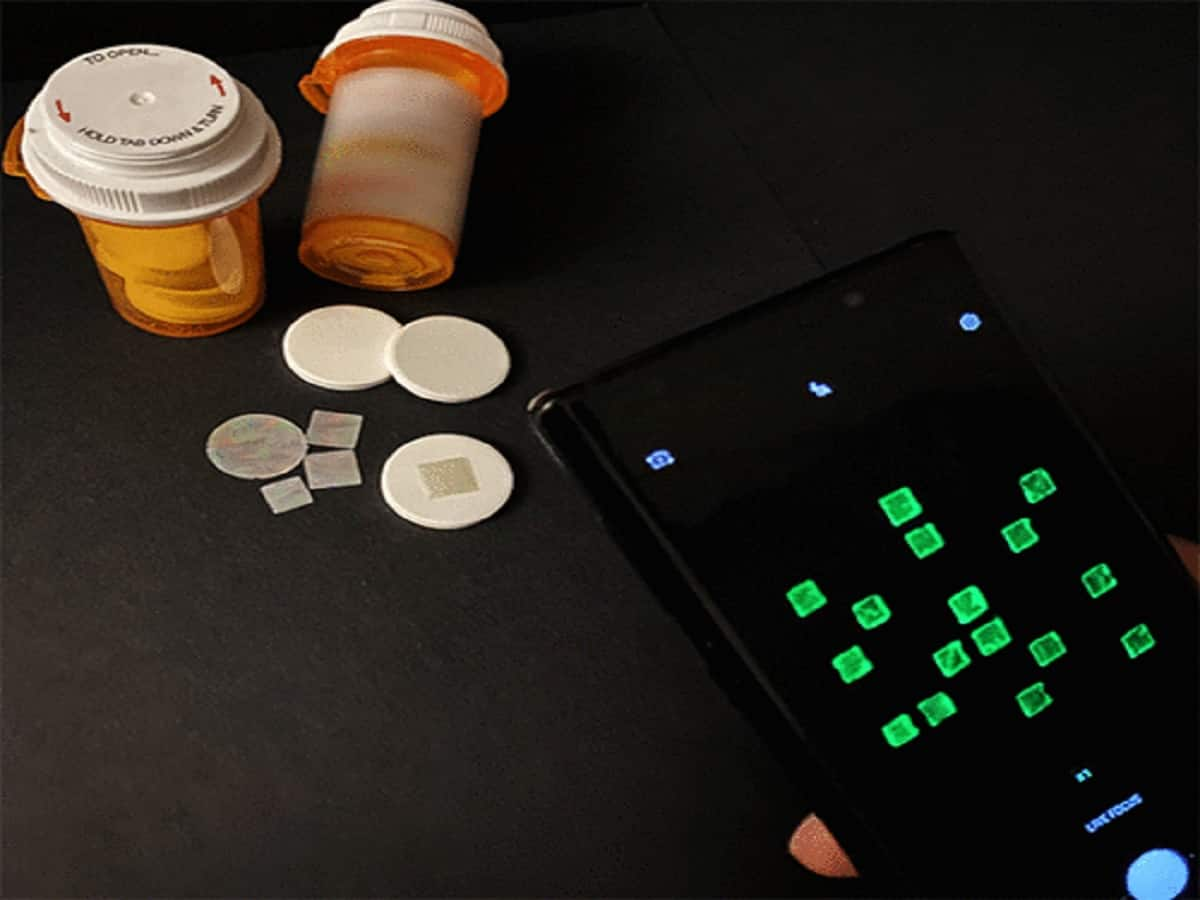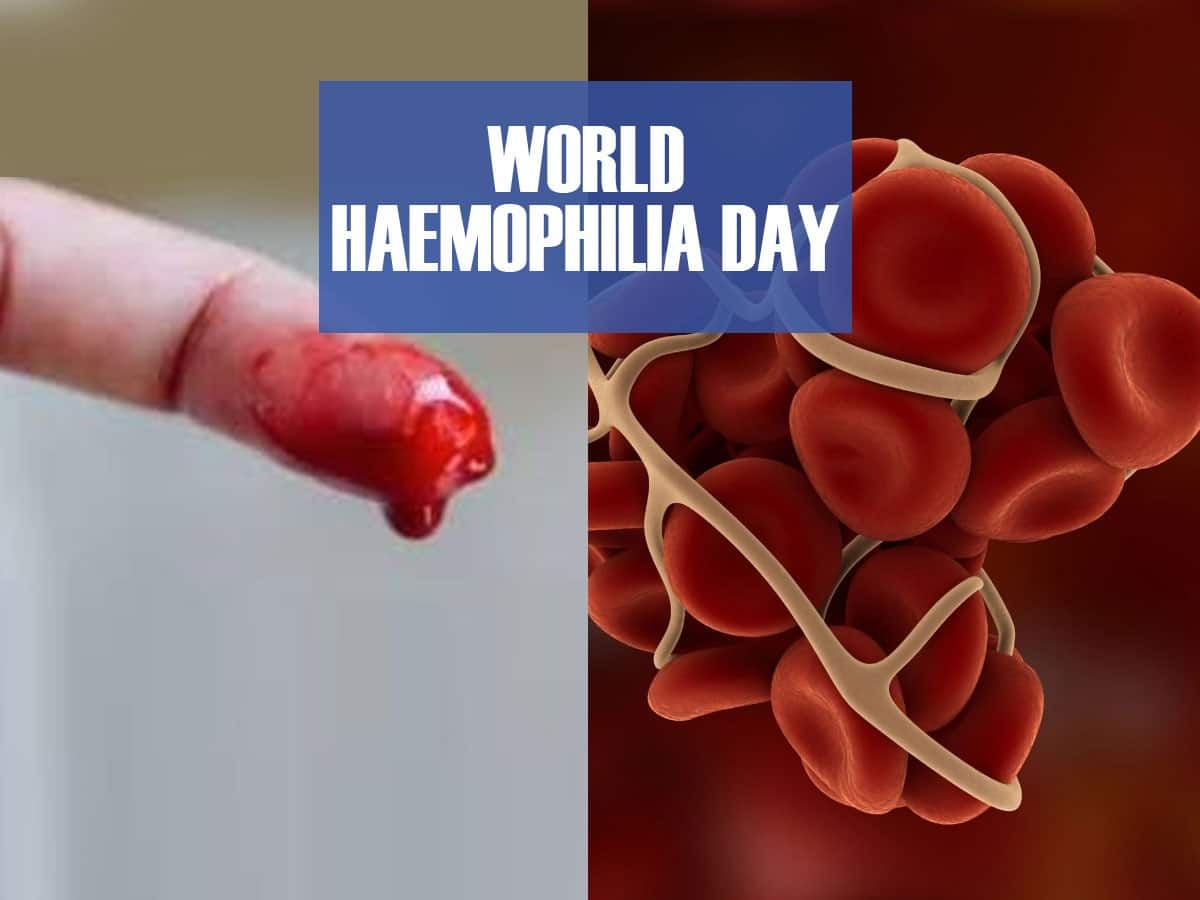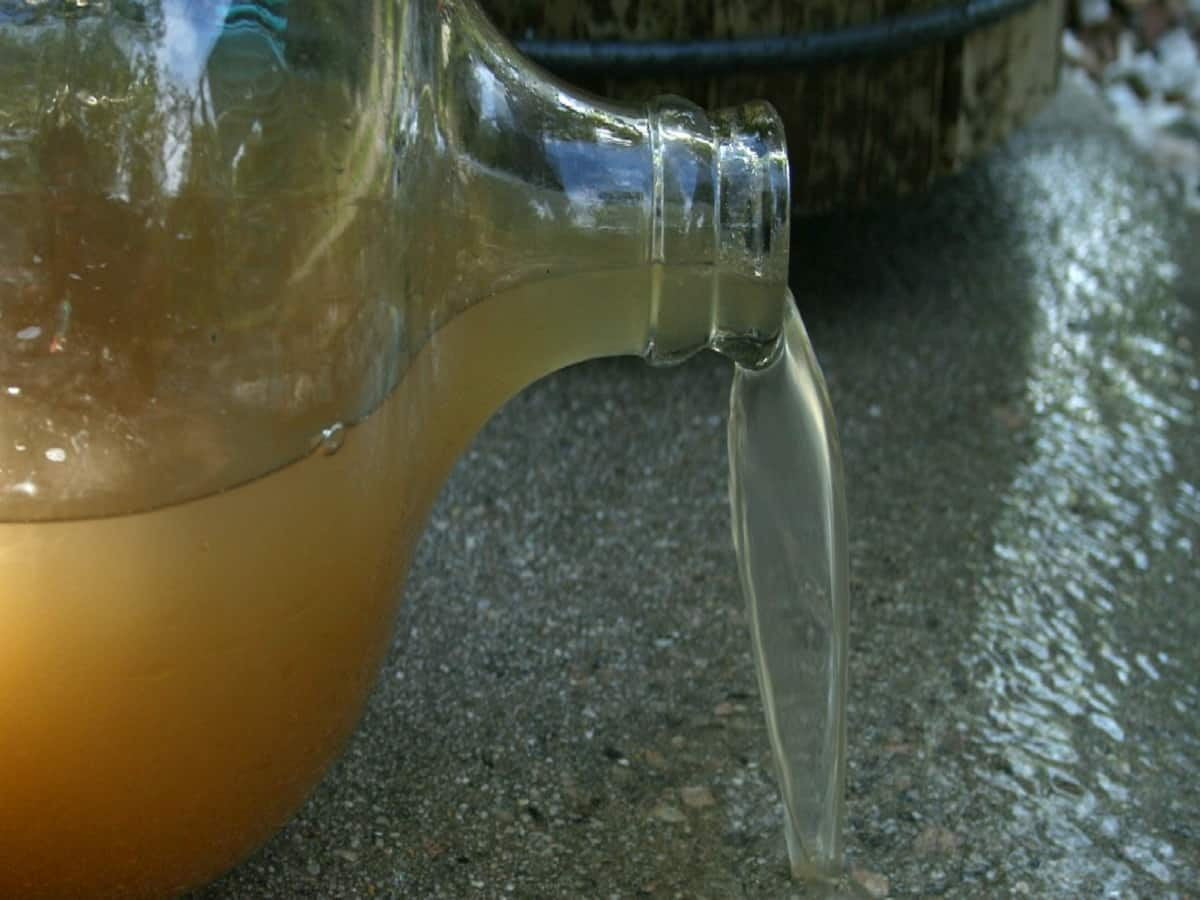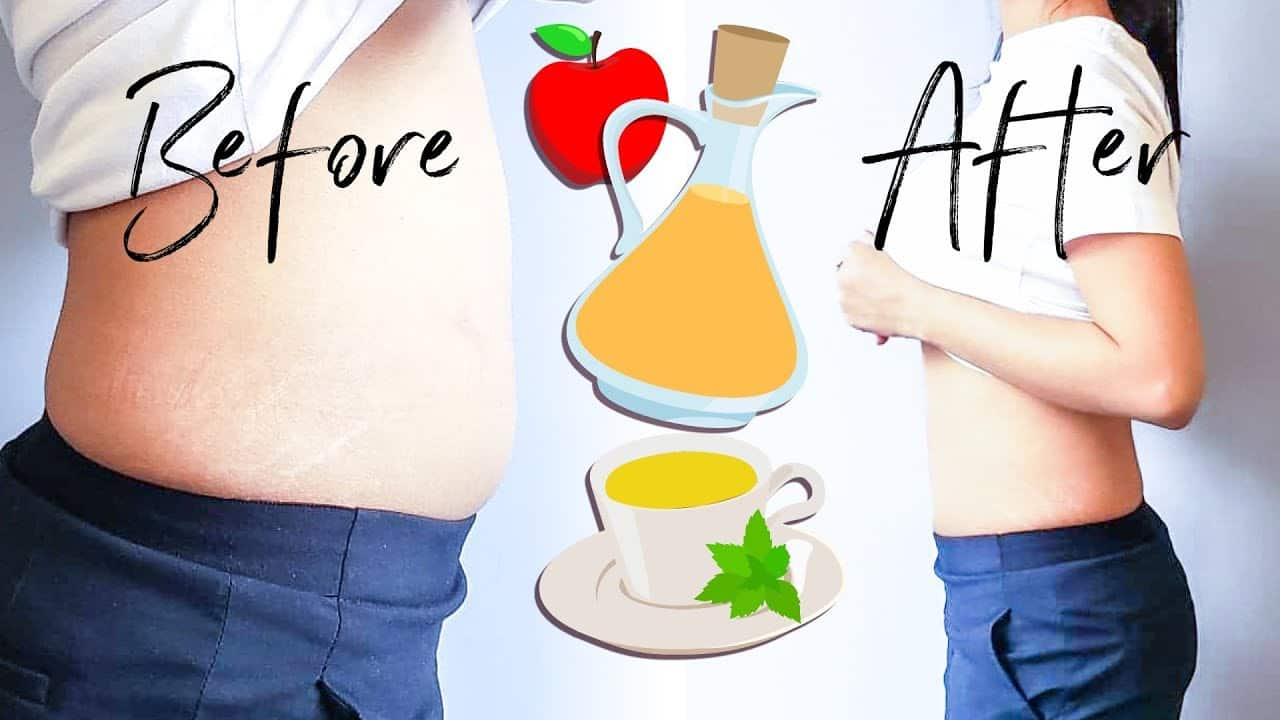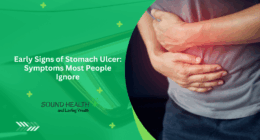Be Aware Of Counterfeit Drugs – 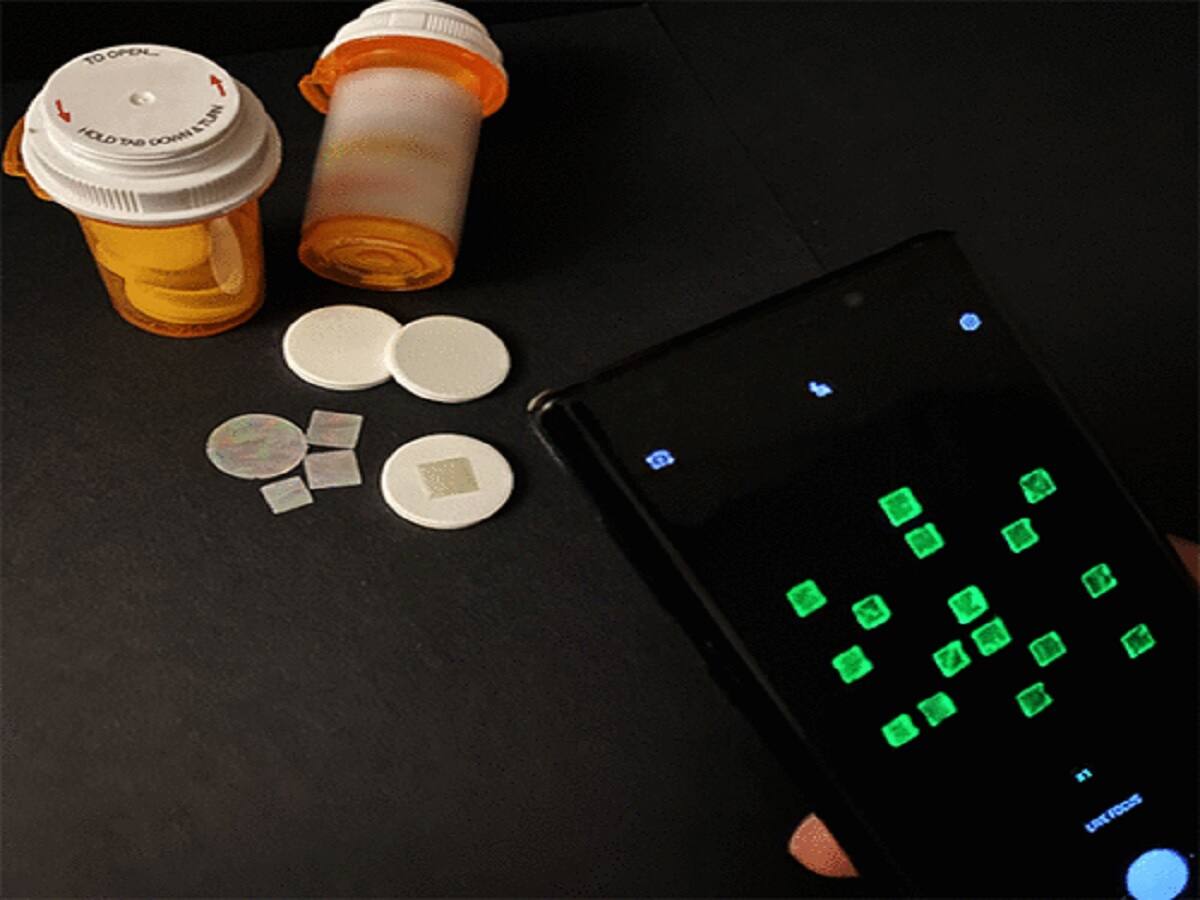 You can use a smartphone camera as a reader to scan the code and to authenticate the medicine.
You can use a smartphone camera as a reader to scan the code and to authenticate the medicine.
Counterfeit incidents in India have increased during the COVID-19 pandemic. Authentication Solutions Providers’ Association (ASPA), an organisation working towards strengthening India’s fight against fake products, recently released a report that shows incidents of sub-standard and falsified (SF) medical products in the country increased by 20 per cent from January 2018 to December 2020, and 47 per cent from 2020 (91) to 2021 (134). Antibiotics, painkillers, COVID-19 medical products including vaccines, COVID test kits, face masks and sanitizers, Covid treatment medicines were reported to be the most counterfeited products during this pandemic. The good news is, we now have a powerful tool to fight counterfeiters.
A team of researchers from Purdue University, United States and National Institute of Agricultural Sciences, South Korea have created edible silk tags that can suss out fake or adulterated medications.
Created using fluorescent silk proteins, the tags come with codes that can be read by a smartphone app to verify the source and quality of these pharmaceuticals. These tags could be placed directly on pills or in a liquid medicine, the researchers said in their paper published in ACS Central Science.
This means, a patient can use a smartphone camera to scan the code and authenticate the medicine.
Be Aware Of Counterfeit Drugs – The making of the edible tags
Earlier, fluorescent synthetic materials, such as microfibers and nanoparticles, have been used to develop tracking codes, but these substances are potentially unsafe to consume. So, the research team including Seong-Wan Kim from the Department of Agricultural Biology, National Institute of Agricultural Sciences, and Young L. Kim from the Weldon School of Biomedical Engineering, Purdue University, wanted to look for a safer material.
They decided to choose silk fibroins — proteins that gives silk fibers their strength– which is an edible and “generally recognized as safe”. For creating this material, they first had to genetically modified silkworms to produce silk fibroins with either a cyan, green or red fluorescent protein attached.
This material was then placed directly onto medications and made to fluoresce, to help consumers authenticate their purchases.
They also designed an app that can scan the fluorescent pattern that hosts information about the drug’s source and authenticity, using a smartphone camera.
For liquid medications, the researchers tested the silk film by placing it in a clear bottle of Scotch whisky, and found that the fluorescent code was still readable with the app.
Now, every patient can help combat illicit pharmaceuticals
According to the researchers, these silk tags are not only edible but also can be digested by the body, as they showed that the fluorescent proteins were broken down by gastrointestinal enzymes.
The researchers believe that placing these edible tags onto pills or in liquid doses could help patients avoid unintentional consumption of fake medicines. It also empowers every patient to play a role in combating illicit pharmaceuticals.
ALSO READ | Living With Haemophilia? Here’s Everything You Need to Know About The Condition
